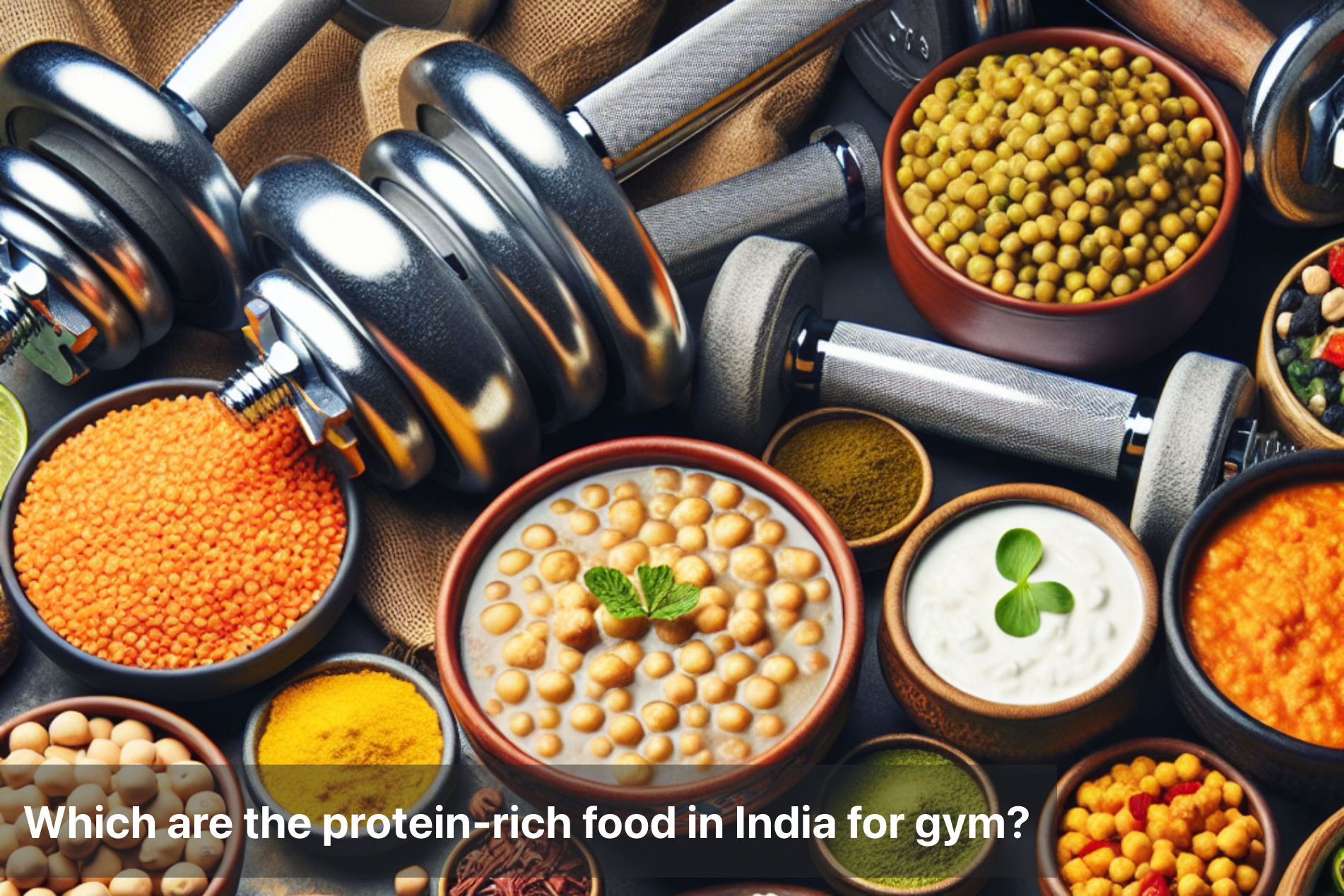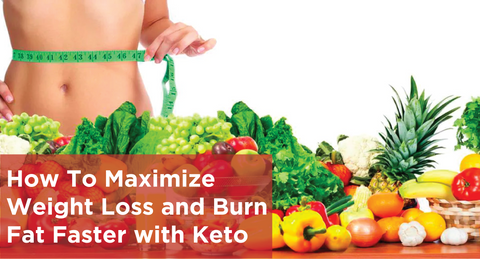
Which are the protein-rich food in India for gym?
Protein plays a vital role in enhancing fitness journeys, especially for gym enthusiasts in India. Consumption of protein-rich vegetarian foods is crucial for achieving fitness goals effectively. These foods not only aid in muscle growth but also facilitate muscle repair post workouts, making them essential for overall fitness.
When it comes to the Indian gym diet, incorporating protein-rich foods is key. A diet abundant in plant-based protein sources like lentils, chickpeas, and tofu can significantly support muscle development. Unlike popular belief, vegetarian protein sources can be equally beneficial for gym-goers in India.
Furthermore, understanding the benefits of protein consumption is essential for individuals pursuing a fitness regimen. Proteins are the building blocks of muscles, promoting muscle recovery and growth. By incorporating protein-rich foods into their diets, gym enthusiasts can enhance their performance and achieve their fitness objectives efficiently.

Top 5 Protein-Rich Vegetarian Foods in India for Gym
Lentils: Lentils are a staple in Indian cuisine and are a great source of plant-based protein. They are versatile and can be used in various dishes like dals, soups, and salads.
Paneer: Paneer, or Indian cottage cheese, is a popular protein-rich food in India. It can be included in curries, stir-fries, or grilled dishes to boost protein intake.
Chickpeas: Chickpeas, also known as garbanzo beans, are a nutrient-dense legume packed with protein. They can be used to make chana masala, salads, or hummus.
Tofu: Tofu is a soy-based protein that is widely used as a meat alternative in vegetarian dishes. It can be stir-fried, grilled, or added to curries for a protein boost.
-
Quinoa: Quinoa is a complete protein source and is rich in essential amino acids. It can be used as a base for salads, porridge, or pilafs to increase protein consumption.
Traditional Indian Protein Sources for Gym Enthusiasts
When it comes to maintaining a protein-rich diet specifically tailored for gym enthusiasts in India, traditional Indian protein sources play a crucial role in meeting the necessary nutrient requirements. These sources not only offer a healthy dose of protein but also contribute significantly to muscle growth and recovery.
One of the key traditional Indian protein sources is 'dals', which include lentils, chickpeas, and beans. These legumes are not only high in protein but also rich in fiber, making them ideal for maintaining satiety and aiding in digestion. Additionally, sprouts, such as mung bean sprouts or chickpea sprouts, are packed with essential nutrients and enzymes that enhance digestibility and nutrient absorption.
Nuts are another staple in a gym enthusiast's diet, offering a blend of protein, healthy fats, and vitamins. Almonds, walnuts, and pistachios are popular choices that provide a quick and nutritious snack option for pre or post-workout consumption.
Incorporating Protein-Rich Foods into Indian Gym Diet Plans
Here are the tips on how gym-goers in India can effectively incorporate protein-rich foods into their daily diet plans:
Start your day with a protein-packed breakfast like moong dal cheela or paneer bhurji to kickstart your metabolism and provide essential nutrients for muscle recovery and growth.
Include a variety of lentils such as masoor dal, toor dal, and moong dal in your meals as they are not only rich in proteins but also high in fiber, aiding digestion and keeping you full for longer durations.
Experiment with different sources of plant-based protein like chickpeas, tofu, and quinoa to add diversity to your meals and ensure you are getting a wide range of amino acids necessary for muscle repair.
Preparing protein-rich snacks like roasted chickpeas or tofu salad can be convenient options to curb hunger pangs between meals and avoid reaching for unhealthy alternatives.
Opt for a homemade protein shake using ingredients like whey protein, bananas, and nuts as a post-workout refuel to support muscle recovery and replenish energy stores.
Incorporate nuts and seeds like almonds, chia seeds, and flaxseeds into your diet for an added protein boost and to benefit from their healthy fats and micronutrients.

Protein-Packed Delights: Top Indian Foods for Gym Enthusiasts
Protein-rich foods play a crucial role in the diet of gym enthusiasts in India, contributing significantly to muscle building and aiding in post-workout recovery. Incorporating these nutrient-dense options is essential for achieving fitness goals effectively.
When it comes to the Indian gym diet, prioritizing protein-rich vegetarian foods like lentils, paneer, chickpeas, tofu, and quinoa is vital. These plant-based sources not only offer ample protein but also provide essential nutrients for overall well-being.
By regularly consuming traditional Indian protein sources such as dals, sprouts, and nuts, gym-goers can sustain their energy levels, support muscle repair, and enhance their workout performance. These locally available foods are convenient and affordable choices for individuals following a vegetarian diet in the gym.
The significance of protein-rich foods in the Indian gym diet cannot be understated. By including these options in their daily meal plans, individuals can witness improved muscle growth, faster recovery times, and enhanced overall fitness levels. Prioritizing protein intake is key to achieving a balanced and effective gym diet in India.
This Blog post is an initiative by Lo! Foods, to provide accurate and Nutritionist / Doctor approved information related to Health. Lo! Foods is India's leading brand for Everyday Functional Foods. Foods designed for specific Health conditions or Needs. Lo! Foods also runs India's largest range of Low Carb Healthy Cloud Kitchens, under the brand names of Lo!, ProteinChef, ATH (All Things Healthy) and DiabeSmart.










Leave a comment
Your email address will not be published.